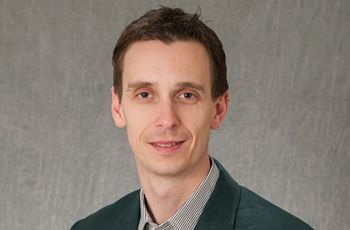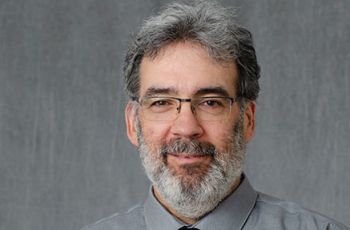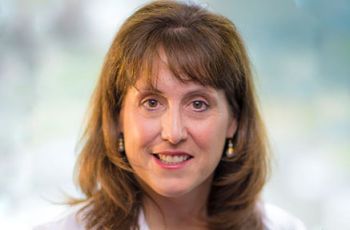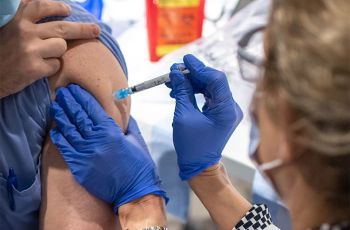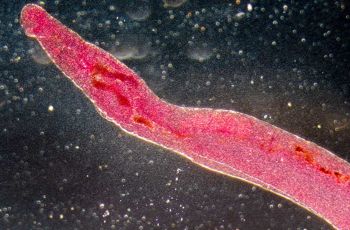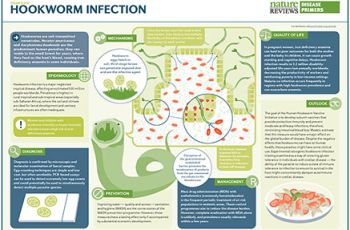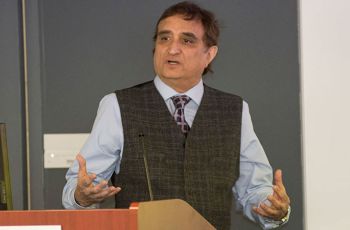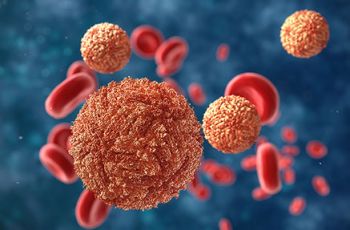Microbiology-Immunology-Tropical Medicine
Brad Jones, Ph.D., assistant professor of microbiology, immunology, and tropical medicine, published research in Cell Host & Microbe finding defective HIV proviruses, long thought to be harmless, produce viral proteins and distract the immune system from killing intact proviruses needed to…
John Hawdon, Ph.D., associate professor of microbiology, immunology, and tropical medicine at the George Washington University School of Medicine and Health Sciences, became vice president of the American Society of Parasitologists (ASP) and received the 2016 ASP Henry Baldwin Ward Medal.
Roberta DeBiasi, M.D., professor of pediatrics and microbiology, immunology, and tropical medicine, discussed a recent report about Zika-infected women in the U.S.
Faculty in the department of Microbiology, Immunology, and Tropical Medicine were featured in Cosmos Magazine for their research in PLOS Neglected Tropical Diseases on developing a way to test recombinant vaccines for their ability to stay effective after years of storage.
Researchers at the George Washington University (GW) have developed a way to test recombinant vaccines for their ability to stay effective after years of storage. This is an important next step in the development of a recombinant hookworm vaccine being developed at GW.
Researchers at GW's School of Medicine and Health Sciences investigate how to manipulate the genes of the schistosome parasite to disrupt its ability to survive and infect people.
Jeffrey M. Bethony, Ph.D., professor, and David Diemert, M.D., associate professor, both in the Department of Microbiology, Immunology, and Tropical Medicine, served as co-authors on a review on hookworm infection published in Nature Reviews: Disease Primers.
GW researchers received a $2.2 million grant from the National Cancer Institute to uncover why certain cancer types increase whereas others are unchanged or even decrease in those with HIV infection.
The George Washington University School of Medicine and Health Sciences honored two faculty members who have made outstanding contributions to medical science research during the 2016 Faculty Research Awards.
The GW School of Medicine and Health Sciences’ International Medicine Programs and Department of Microbiology, Immunology, and Tropical Medicine are co-sponsoring a two-day scientific research summit with the Instituto Butantan and Universidade de São Paulo focused on Zika virus. The summit takes…
